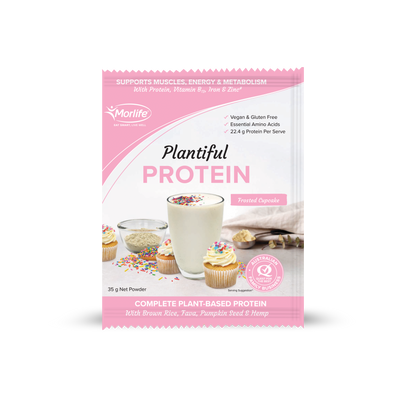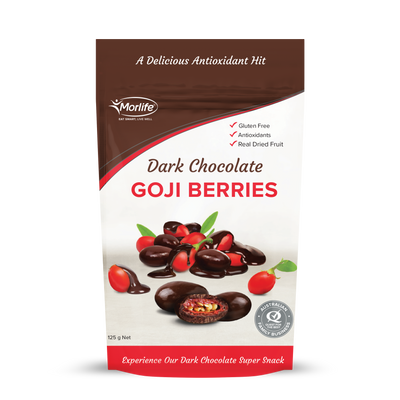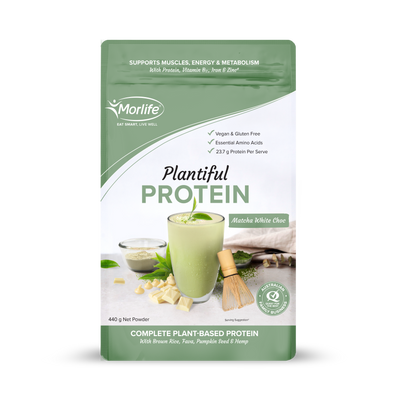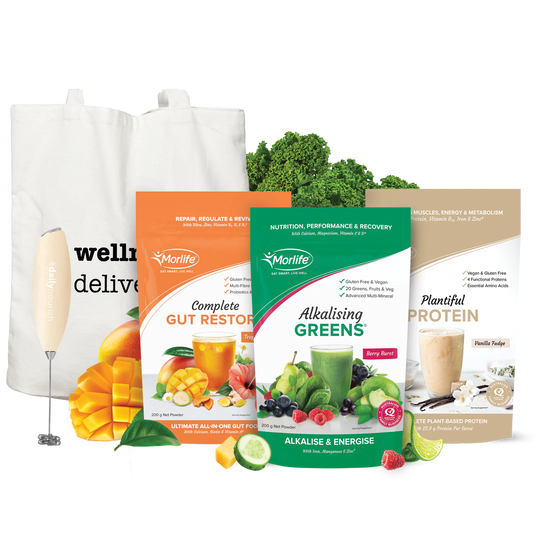The Ins and Outs of Inulin

You've likely heard of it at one point or another, but what exactly is inulin and what does it do? Well, we’ve kindly broken it down for you so by the time you’ve finished reading this you’ll have everything you need to know about this gut-loving, stool-supporting prebiotic fibre.
What is a prebiotic?
Definition of a prebiotic: “a selectively fermented ingredient that allows specific changes, both in the composition and/or activity in the gastrointestinal microflora that confers benefits upon host well-being and health.”
Prebiotics resist digestion in the human small intestine and reach the colon where they are fermented by the gut microflora. Although all prebiotics are fibre, not all fibre is a prebiotic. To classify a food ingredient as a prebiotic requires scientific demonstration that the ingredient:
- Resists gastric acidity, hydrolysis by mammalian enzymes, and absorption in the upper gastrointestinal tract;
- Is fermented by the intestinal microflora;
- Selectively stimulates the growth and/or activity of intestinal bacteria potentially associated with health and well-being.
Inulin
Inulin belongs to a class of carbohydrates called Fructans. Inulin has beta 2 - 1 bonds, which prevent inulin from being digested like a typical carbohydrate. Therefore, these bonds are responsible for its reduced caloric value and dietary fibre effects.
Sources of Inulin
Common sources of Inulin include asparagus, garlic, leak, onion, Jerusalem artichoke, chicory, etc. The two species currently used by the industry to produce inulin are: Jerusalem artichoke (Helianthus tuberosus) and chicory (Cichorium intybus), the latter being by far the most commonly used source.
Our Inulin prebiotic soluble fibre will beneficially affect the body by selectively stimulating the growth and/or activity of one or a limited number of bacteria in the colon, which can improve overall wellbeing. Inulin cannot be digested except through bacterial activity; its specific fermentation results in a community predominated by Bifidobacteria.
Inulin Tolerance
Doses of 15 to 30g of inulin will most likely provide discomfort to users. Our serving size is 5g (ideally it should be taken twice a day for optimal effect)
At Morlife, we stock 2 inulin-focused products, but this fibre can also be found in many of our other products as well. Click here to shop our Certified Organic Inulin Powder and here to shop our Certified Organic Inulin Plus.











